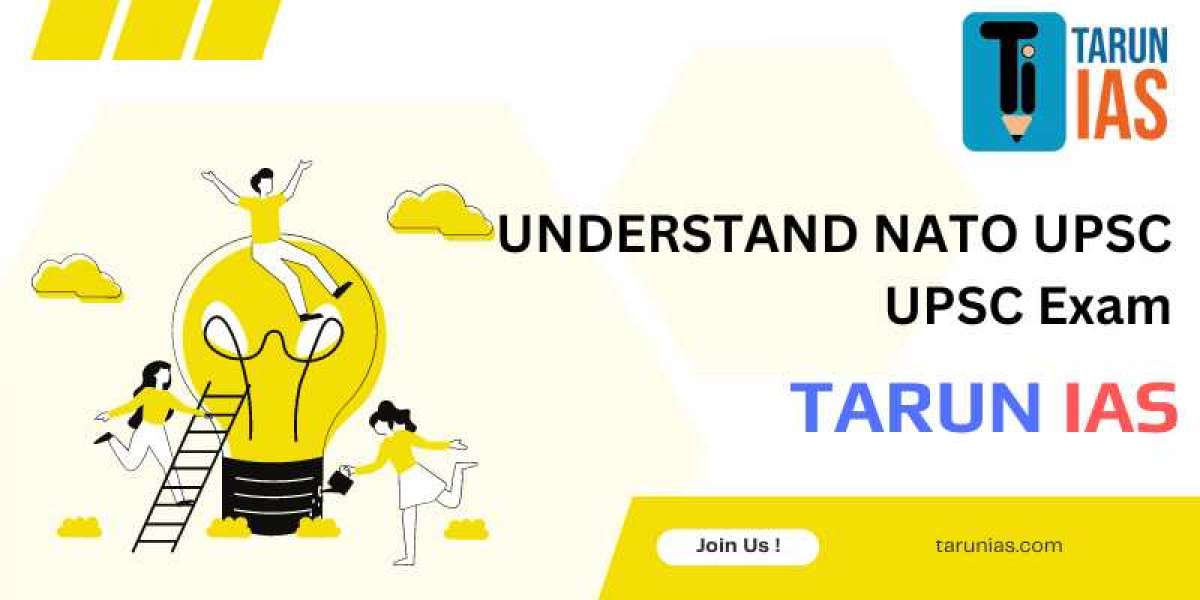NATO UPSC: Evolution and Modern Relevance for UPSC Exam
The North Atlantic Treaty Organization (NATO) has undergone a significant evolution since its inception in 1949. Originally conceived as a defensive alliance against the Soviet Union, NATO UPSC has adapted to the changing geopolitical landscape, expanding its role and facing new challenges. This article examines the evolution of NATO, its current relevance, and its significance for UPSC aspirants.
NATO for UPSC: A Cold War Construct
The alliance was founded on the principle of collective defense, wherein an attack on one member state would be considered an attack on all. This principle served as a deterrent to Soviet aggression, contributing to the stability of the Western world.
The Cold War era also witnessed the development of the NATO command structure, with integrated military forces capable of responding to a Soviet threat. The alliance played a crucial role in containing Soviet expansionism and preventing a direct military confrontation between the two superpowers.
NATO for UPSC: Post-Cold War Transformation
The collapse of the Soviet Union in 1991 presented NATO UPSC with a new reality. Without a clear external enemy, the alliance faced questions about its continued relevance. To address this, NATO underwent a transformation, expanding its mission to include crisis management, peacekeeping, and cooperative security.
The alliance intervened in the Balkans during the 1990s, contributing to peace efforts in Bosnia and Herzegovina and Kosovo. These operations showcased NATO's ability to adapt to new challenges and operate beyond its traditional geographical boundaries.
NATO UPSC : The 21st Century and New Challenges
The 21st century has brought new challenges to NATO. The rise of terrorism, the proliferation of weapons of mass destruction, and the increasing interconnectedness of the global economy have necessitated a broader approach to security.
Counterterrorism: NATO has expanded its role in counterterrorism, cooperating with other international organizations to combat this global threat. The alliance has contributed to training and capacity-building efforts in partner countries.
Cybersecurity: Recognizing the growing importance of cyberspace, NATO has invested in cyber defense capabilities to protect its members from cyberattacks. The alliance has also established a cyber defense center to enhance cooperation among member states.
Crisis Response: NATO continues to play a role in crisis management and peacekeeping, with ongoing operations in Afghanistan and Kosovo. The alliance has also contributed to disaster relief efforts.
NATO and India: A Developing Partnership
India and NATO UPSC have developed a growing partnership in recent years. While India is not a member of NATO, the two sides have engaged in cooperation on counterterrorism, maritime security, and peacekeeping. India has participated in NATO-led peacekeeping operations and has observer status at the NATO Parliamentary Assembly.
NATO : Relevance for UPSC Exam
Understanding NATO is crucial for UPSC aspirants for several reasons:
- International Relations: NATO's evolution and role in global politics are essential topics for the UPSC syllabus.
- Security Studies: The alliance's response to emerging threats like terrorism and cyberattacks is relevant for the security studies component.
- India's Foreign Policy: India's engagement with NATO and its implications for Indian foreign policy are important areas of analysis.
- Current Affairs: NATO often features in the news, making it a relevant topic for the UPSC exam.
By studying NATO's history, structure, and current role, UPSC aspirants can develop a comprehensive understanding of international security dynamics and demonstrate their knowledge of contemporary global issues.
Conclusion
NATO UPSC has evolved from a Cold War defensive alliance to a complex organization addressing a wide range of security challenges. Its relevance for the UPSC exam lies in its impact on global politics, security, and India's foreign policy. By understanding NATO's history, structure, and current role, UPSC aspirants can gain a valuable perspective on international relations and demonstrate their knowledge of contemporary issues.
Take that first step toward your dream career. Contact Tarun IAS today and let us help you achieve UPSC success!




